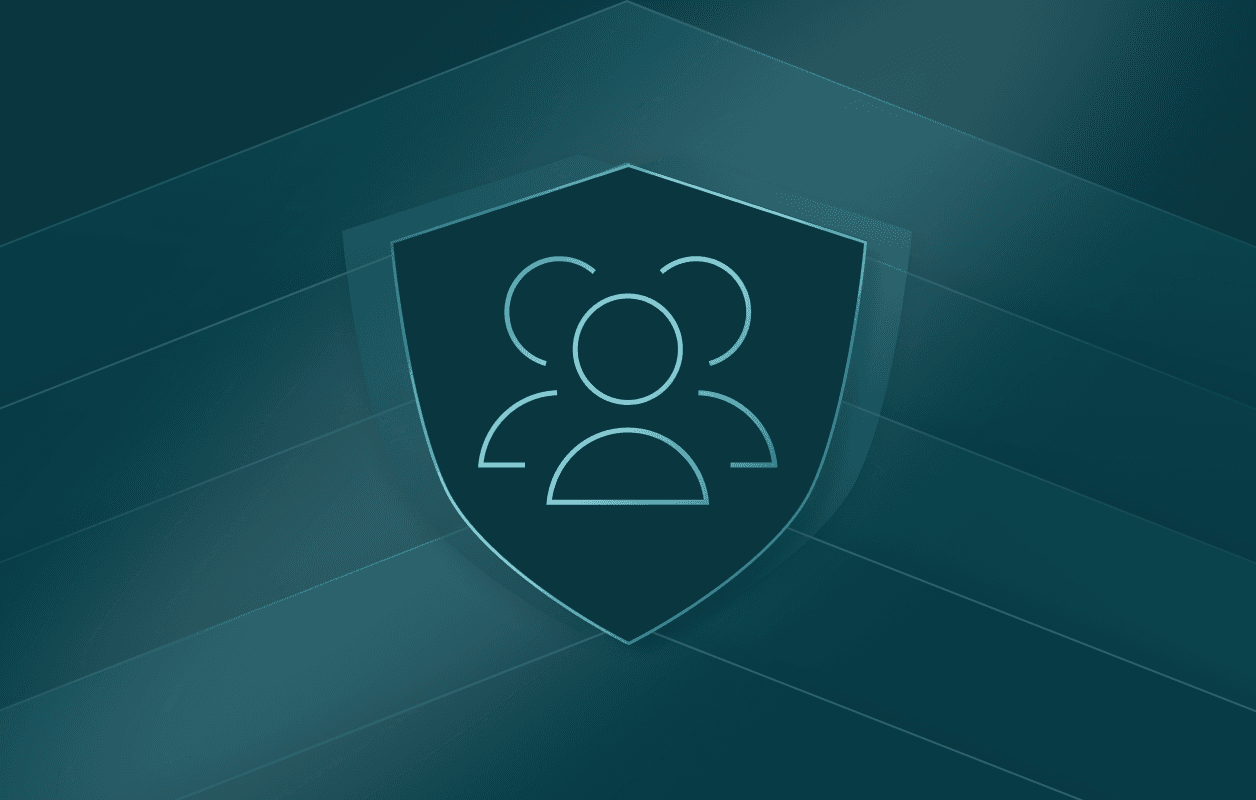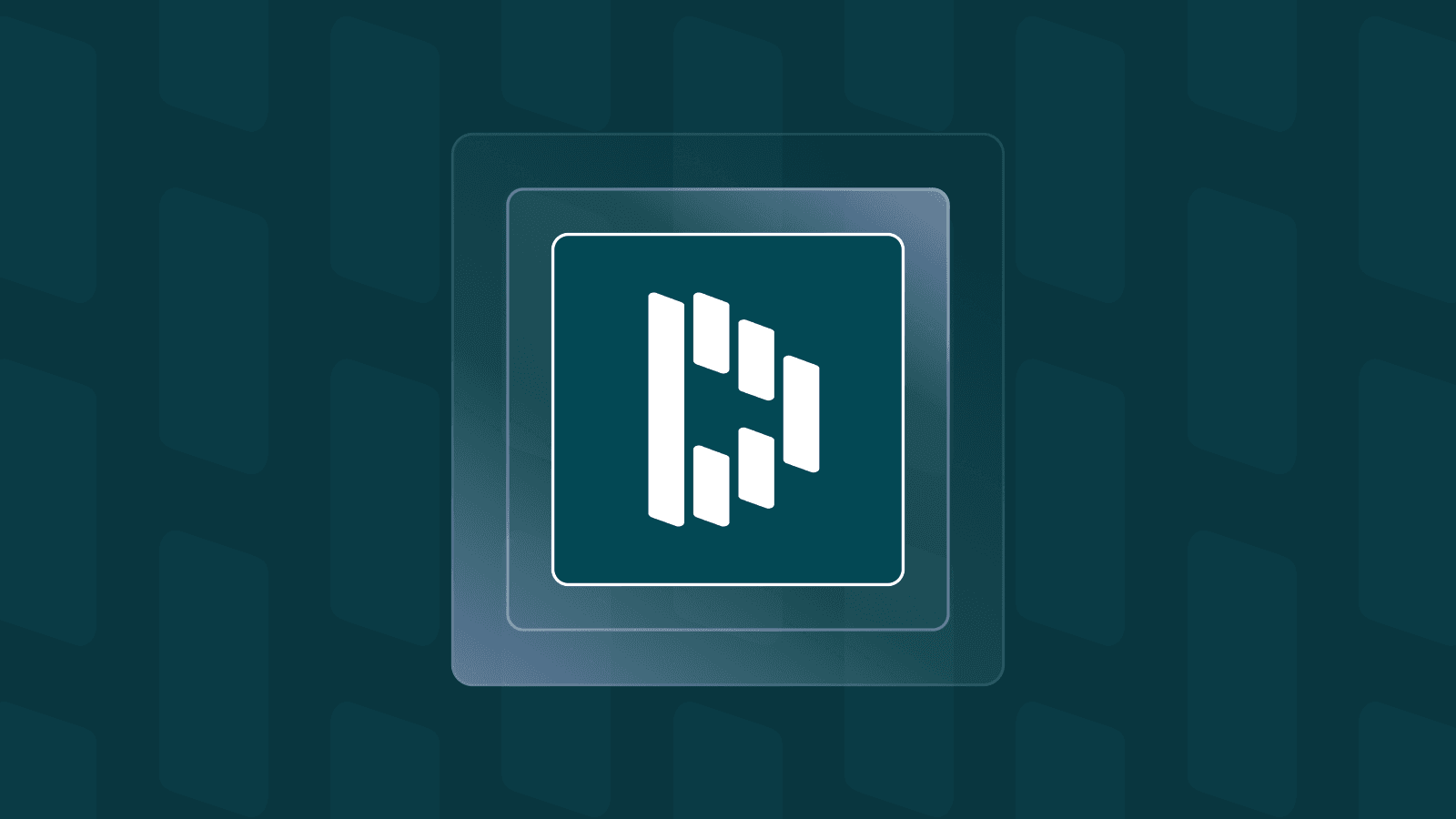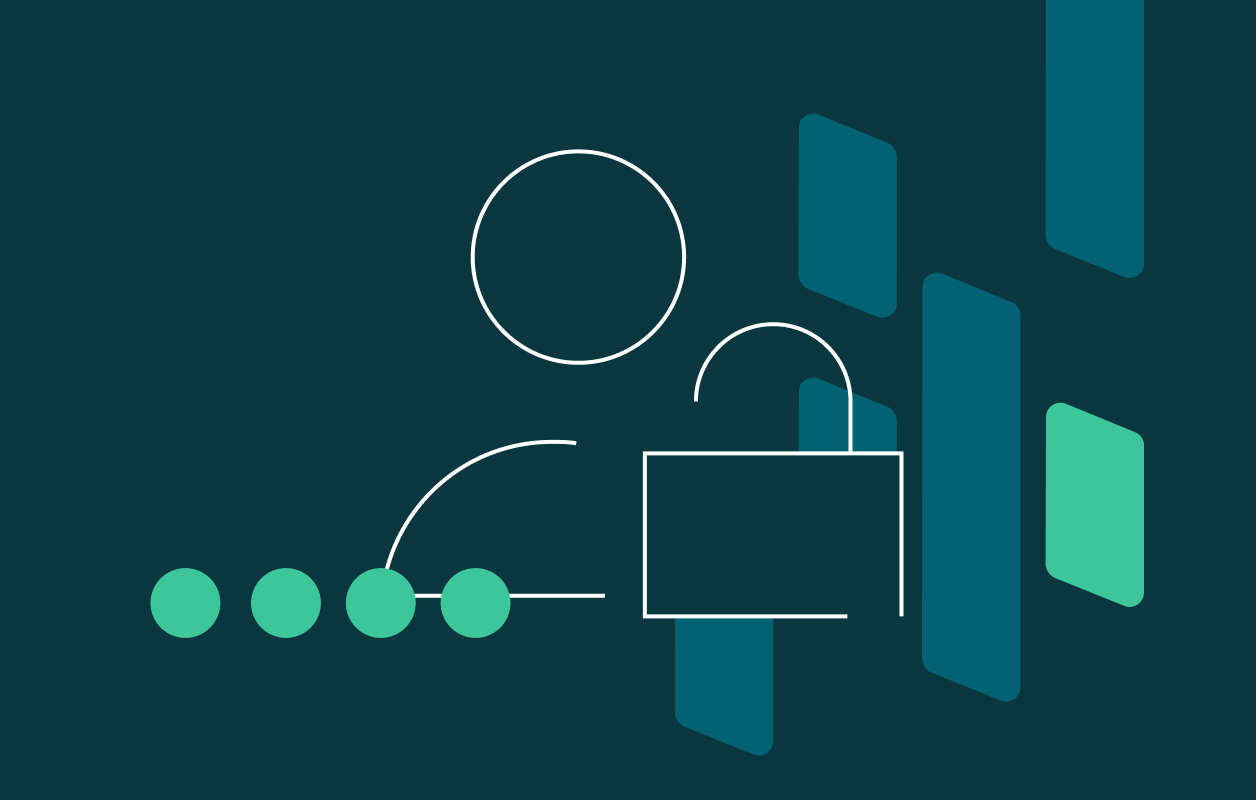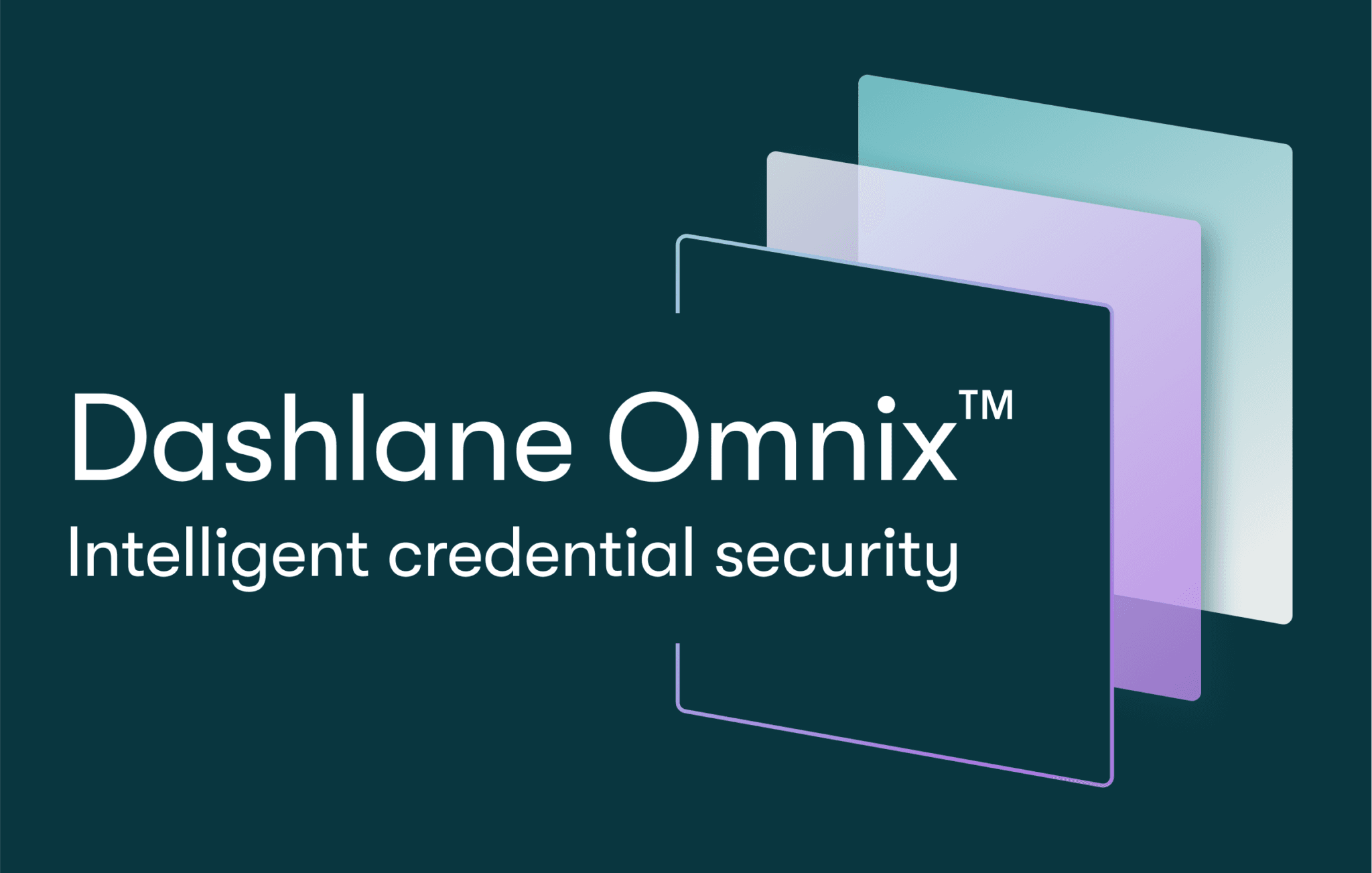business security

How JFK International Airport’s Largest Terminal Defends Their ‘Human Firewall’ and Secures Operations
Learn how JFK International Air Terminal 4 builds cyber resiliency while transporting 27 million passengers annually.

How a Leading SaaS Company Accelerates Growth Without Compromising Data Privacy
Learn how HelloCSE manages credential risks proactively while supporting rapid company growth.

FAQ: How Much Is Phishing Costing My Company, and What Can I Do About It?
Understand how AI is accelerating phishing, what that’s costing your business, and what you can do about it, among other key phishing topics.

Identity Under Attack: Lessons on AI-Driven Credential Risks from Security Experts
Discover 3 key takeaways from security leaders at Dashlane and Morgan Stanley about how AI-driven credential threats are impacting businesses.

Inside Dashlane’s Privacy-First Approach to Credential Risk Detection
Dashlane’s co-founder and VP of Architecture shares how we built Credential Risk Detection to give IT admins proactive insights while maintaining security and privacy.

4,151% Surge in Phishing: What Security Leaders Need to Know About AI
Get 5 key takeaways from Dashlane’s new Phishing 2.0 report about how AI is turbocharging phishing and what security leaders can do about it.

Don’t Let Your Credential Manager Become Shelfware: 5 Ways to Increase Adoption
Learn 5 proven strategies IT admins can use to boost credential manager adoption and protect their organizations’ passwords.

The Last Line of Defense: How AI-Powered Real-Time Phishing Detection Builds Phishing Resistance
Dashlane’s machine learning engineer shares how our real-time, AI-powered phishing detection protects employees, even if they’re not logged into Dashlane.

Dashlane Omnix™ Protects Against Credential Breaches with New Insights, Alerts, and More
Insights meet action in Dashlane Omnix, the AI-accelerated platform that delivers proactive intelligence, real-time response, and protected access.

New Data Shows How Shadow IT and Burnt-Out IT Teams Impact Business Security
As part of our credential security report series, get insights from 1,500 employees about the risks of shadow IT and overwhelmed IT teams.

